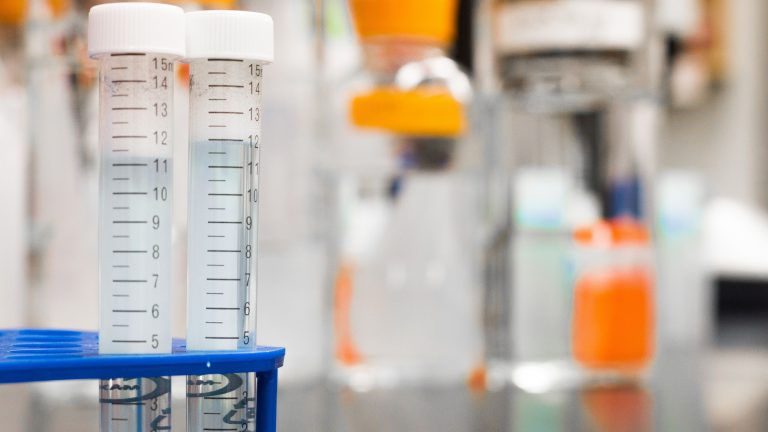Flammable liquids can be stored in labs by using flammable gas. The risk of this storage method is that the flammable gas can ignite and cause a fire. This can be mitigated by using non-flammable liquid for the storage container, but it will still take extra precautions to ensure no dangerous liquid can leak out. Explosions, chemical burns, and fires are all likely to result from the mishandling of flammable liquids. Proper storage methods will reduce the risks of these events occurring. The amount of flammable liquids in a laboratory is usually determined by the number of people working in the lab. In addition, these storage containers are not intended to be used for long periods of time. Therefore, it is important to minimize the number of storage containers and use alternative practices when needed. For example, baking soda can be used as a substitute for water in some cases.
When is it necessary to use storage facilities?
If you need to store flammable liquids in a laboratory for an extended period of time, it is important to use the appropriate storage facilities. There are two types of storage facilities available: Class I and Class II. The chemicals must be stored in compliance with the applicable regulations. Storage space should be limited to 125% of the capacity needed for immediate use and 100% of the capacity needed for emergency use. If the storage space is limited to 125% of the capacity needed for immediate use and 100% of that needed for emergency use, it may be possible to store more than one type of flammable liquid in a single cabinet. If you use Class I storage facilities, they must be: There are many ways to minimize the storage of flammable liquids in a laboratory. One way is to design a container that has had its capacity drastically reduced. Another option is designing a storage unit where flammable liquids are kept at the bottom and non-flammable chemicals are kept on top.

If a laboratory is to store flammable storage cabinet malaysia, there are several aspects of design that must be considered. The most important point is that the storage area should be designed with the least amount of risk possible. The storage area should not have any open flames or heaters, or make contact with air currents. If a lab does not have sufficient space for the liquid, then it can be stored in a plastic bag within its container and placed in an area with low air circulation. One of the most important aspects to be aware of when working with flammable liquids is how much is on hand. It is also important to have a designated space for storing this material. Some tips for minimizing the storage of these materials are to only store what you need, store them in a red bag, and never leave it open. One way to minimize the storage of flammable liquids in a laboratory is to mark them with letter stickers. This allows for quick identification, which can help prevent an accidental fire. Also, labeling chemicals will allow for easy cleanup.
